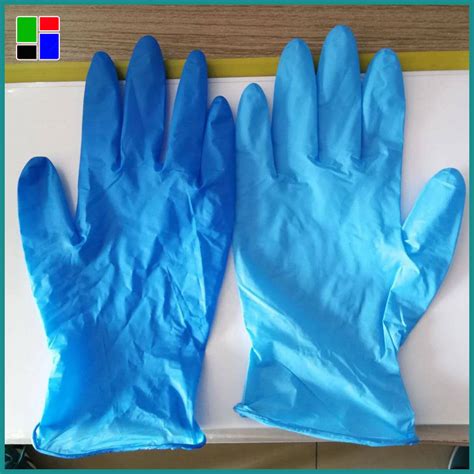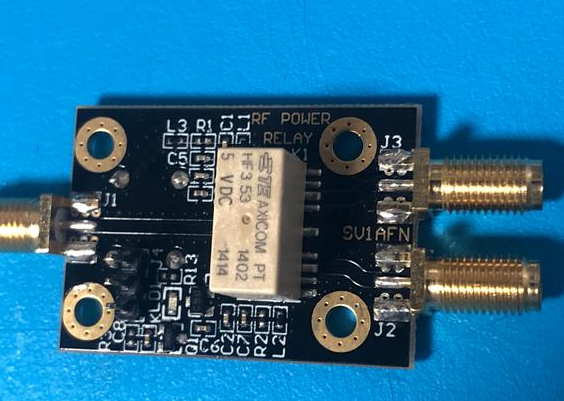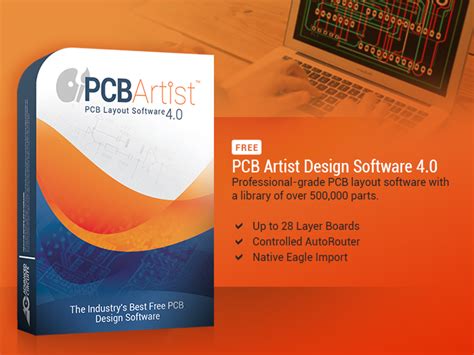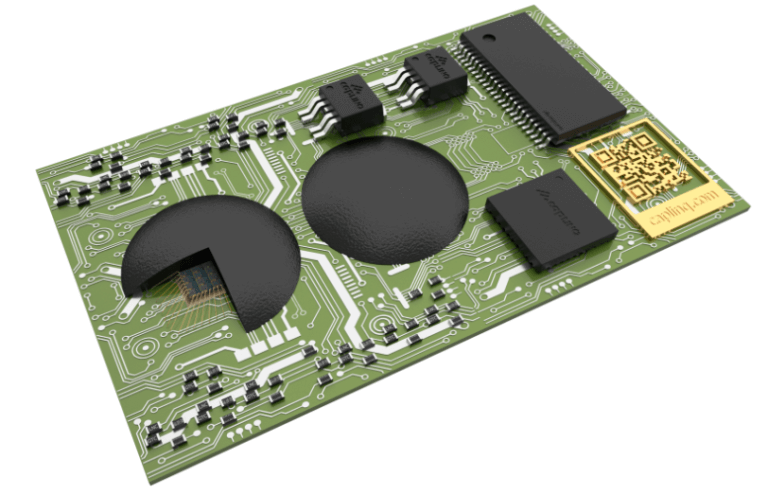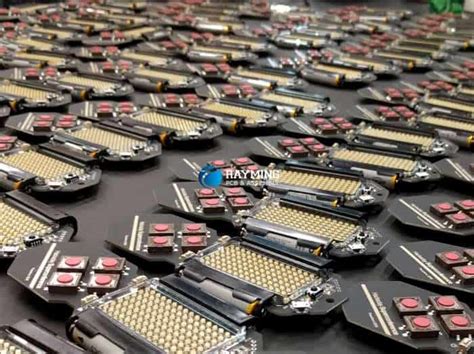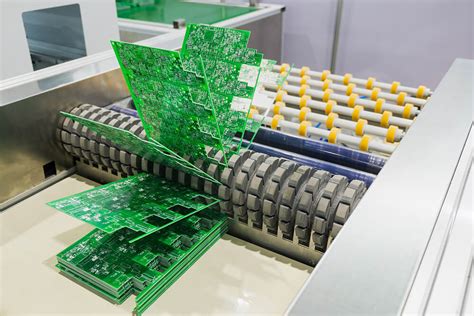Premium PCB Manufacturing: 38-Layer HDI Boards in 4-10 Days
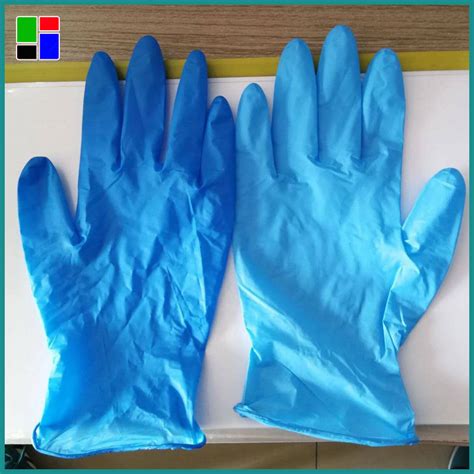
Key Takeaways
When selecting PCB manufacturing partners for advanced electronics, you need solutions that balance technical sophistication with operational efficiency. Leading PCB manufacturing companies now offer 38-layer HDI boards with rigid-flex configurations, combining high-density interconnects with rapid 4–10-day production cycles. This capability reduces PCB manufacturing cost by minimizing redesign phases and accelerating time-to-market—critical for industries like aerospace or medical devices where precision and reliability are non-negotiable.
"Prioritize manufacturers with certified HDI expertise and ISO-compliant facilities to ensure your designs meet IPC Class 3 standards for mission-critical applications."
For complex projects, PCB manufacturing business models that integrate rapid prototyping with full-scale production enable seamless transitions from concept validation to deployment. Advanced laser drilling and sequential lamination techniques ensure signal integrity even in ultra-thin, multi-layer stacks. When evaluating partners, verify their capacity to handle impedance control within ±5% tolerances and microvia aspect ratios exceeding 8:1—key markers of technical proficiency in high-reliability PCB manufacturing.

Premium 38-Layer HDI PCB Manufacturing
When selecting PCB manufacturing partners for advanced electronics, you need solutions that balance complexity with reliability. Premium 38-layer HDI boards demand precision in microvia formation, laser drilling, and sequential lamination—processes requiring expertise only top-tier PCB manufacturing companies can deliver. These high-density interconnect designs enable faster signal transmission and reduced footprint, critical for aerospace, medical devices, and high-performance computing.
Understanding PCB manufacturing cost factors is essential. While 38-layer builds involve higher material and labor expenses, partnering with certified manufacturers ensures minimized waste through automated optical inspection (AOI) and design-for-manufacturability (DFM) optimization. For time-sensitive projects, rapid prototyping capabilities compress lead times without compromising quality—key for maintaining competitiveness in the PCB manufacturing business.
To navigate these complexities, prioritize vendors offering rigorous testing protocols and transparent cost breakdowns. This ensures your 38-layer HDI boards meet signal integrity requirements while aligning with budgetary constraints. Whether developing IoT systems or defense technologies, leveraging specialized manufacturing expertise guarantees boards that perform under extreme conditions, future-proofing your innovations.

Fast-Turn PCB Production in 4-10 Days
When your projects demand accelerated timelines without compromising quality, partnering with PCB manufacturing companies that specialize in rapid prototyping becomes critical. Modern PCB manufacturing workflows now enable the delivery of complex 38-layer HDI boards in as few as 4–10 days, a feat achieved through advanced automation and optimized supply chain management. This speed is particularly valuable for industries like aerospace or medical devices, where time-to-market directly impacts competitiveness.
A common concern with fast-turn services is PCB manufacturing cost, but leading providers balance speed and affordability through scalable production models. For example:
| Service Tier | Turnaround Time | Cost Efficiency |
|---|---|---|
| Standard | 10–14 Days | High |
| Expedited | 7–9 Days | Moderate |
| Ultra-Rush | 4–6 Days | Competitive |
This tiered approach lets you align deadlines with budgets while maintaining precision drilling and microvia formation standards. For businesses scaling their PCB manufacturing business, such flexibility ensures they can handle fluctuating order volumes without delays. Advanced facilities further reduce risks by integrating automated optical inspection (AOI) systems to validate quality at every stage, even under tight schedules.
By selecting partners with expertise in high-speed PCB manufacturing, you gain access to robust engineering support and material options that prevent bottlenecks. Whether you’re iterating prototypes or ramping up production, the ability to compress timelines while ensuring reliability transforms how you meet evolving market demands.
Rigid-Flex PCB Solutions for Electronics
When designing advanced electronic systems, rigid-flex PCBs offer unparalleled versatility by combining rigid and flexible substrates into a single integrated unit. These solutions eliminate the need for bulky connectors and wiring harnesses, enabling sleeker, more reliable designs for applications like aerospace, medical devices, and wearable technology. Leading PCB manufacturing companies optimize layer stack-ups and material selection to ensure durability under repeated bending cycles while maintaining signal integrity.
While PCB manufacturing cost for rigid-flex designs can initially appear higher than traditional rigid boards, the long-term savings from reduced assembly steps and improved product longevity often justify the investment. To manage expenses, work closely with your manufacturer to balance material choices (such as polyimide films or high-frequency laminates) with performance requirements. For businesses scaling production, partnering with a PCB manufacturing business that specializes in rigid-flex technology ensures consistency across batches and minimizes defects.
Critical considerations include thermal management, bend radius optimization, and impedance control—factors that directly impact reliability in demanding environments. By leveraging advanced PCB manufacturing techniques like laser drilling and sequential lamination, suppliers can deliver rigid-flex boards that meet stringent industry standards while adhering to tight timelines. This approach not only accelerates prototyping but also streamlines transitions to full-scale production.
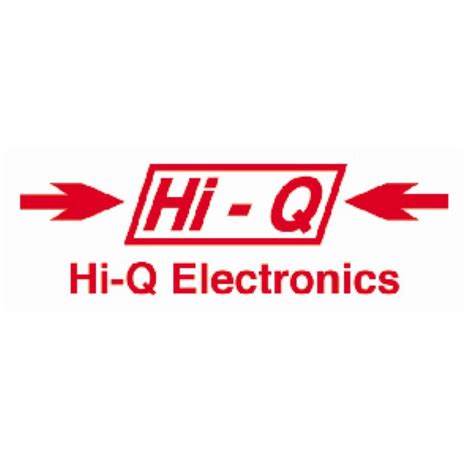
High-Quality PCB Manufacturing Precision
Achieving precision in PCB manufacturing requires balancing advanced technology with rigorous quality control. When selecting PCB manufacturing companies, you need partners capable of maintaining micron-level accuracy across complex designs, especially for high-density interconnect (HDI) boards. Modern fabrication processes leverage laser drilling, automated optical inspection (AOI), and impedance control systems to ensure signal integrity in multilayer configurations.
For projects demanding tight tolerances, PCB manufacturing cost considerations must align with material selection and process complexity. Leading manufacturers optimize copper weight, dielectric materials, and surface finishes to minimize signal loss while adhering to ISO 9001-certified standards. This precision becomes critical when producing 38-layer rigid-flex boards, where even minor deviations can compromise performance in aerospace or medical devices.
In the competitive PCB manufacturing business, speed and accuracy are not mutually exclusive. Top-tier providers combine rapid prototyping capabilities with statistical process control (SPC) to deliver error-free boards within accelerated timelines. By integrating design-for-manufacturability (DFM) feedback early, you reduce revision cycles and ensure your high-frequency or high-power applications meet mission-critical reliability requirements. This balance of precision and efficiency defines modern PCB production for advanced electronics.
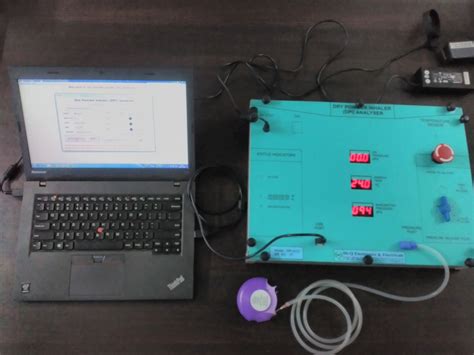
Advanced HDI Boards for Critical Applications
When your projects demand uncompromising reliability in high-stakes environments, PCB manufacturing capabilities must align with stringent technical requirements. Advanced HDI (High-Density Interconnect) boards excel in applications like aerospace systems, medical devices, and military hardware, where signal integrity, thermal management, and miniaturization are non-negotiable. Leading PCB manufacturing companies leverage laser-drilled microvias, stacked copper layers, and ultra-thin dielectrics to achieve 38-layer configurations that meet these challenges.
While PCB manufacturing cost for HDI technology may initially seem higher than conventional boards, the long-term value comes from reduced failure rates and enhanced performance in mission-critical scenarios. For instance, tightly controlled impedance matching and embedded passive components minimize signal loss—a critical factor in high-frequency applications. When selecting PCB manufacturing business partners, prioritize those offering rigorous testing protocols, including automated optical inspection (AOI) and thermal cycle testing, to ensure compliance with industry standards.
This precision engineering ensures your designs maintain functionality under extreme conditions, whether in satellite communications or life-saving medical equipment. By integrating advanced HDI solutions, you address both technical complexities and time-sensitive production schedules without compromising quality.
Rapid Prototyping for Complex PCB Designs
When developing advanced electronics, PCB manufacturing timelines often clash with design complexity. This is where rapid prototyping becomes critical. Leading PCB manufacturing companies now leverage cutting-edge technologies to deliver functional prototypes for intricate 38-layer HDI boards in as few as 4–10 days. For projects requiring dense interconnects or rigid-flex configurations, this speed ensures you can validate designs without sacrificing precision or performance.
The key lies in balancing PCB manufacturing cost with technical demands. Advanced laser drilling and automated optical inspection (AOI) systems enable manufacturers to maintain tight tolerances while accelerating production. For high-layer-count designs, iterative testing during prototyping minimizes post-production errors, reducing long-term expenses. This approach is particularly valuable for startups and enterprises alike, as faster iterations mean quicker market entry and a stronger competitive edge.
However, not all PCB manufacturing business models prioritize both speed and quality. When selecting a partner, verify their capability to handle high-frequency materials and microvia stacking for HDI boards. Transparent communication about design constraints and material choices ensures prototypes align with final product requirements. By integrating rapid prototyping into your workflow, you gain flexibility to refine complex layouts while adhering to aggressive development schedules.
Custom PCB Solutions with 38-Layer Capacity
When developing advanced electronics, you need PCB manufacturing partners capable of handling extreme complexity without compromising performance. Modern applications—from aerospace systems to medical devices—demand high-density interconnect (HDI) designs that integrate hundreds of components across multiple layers. Leading PCB manufacturing companies now offer tailored 38-layer solutions, enabling you to consolidate circuitry while maintaining signal integrity and thermal efficiency.
This capacity becomes crucial for optimizing space-constrained designs or achieving higher processing speeds in mission-critical systems. By leveraging advanced laser drilling and sequential lamination techniques, manufacturers ensure precise alignment across all layers, even in rigid-flex configurations. While PCB manufacturing cost increases with layer count, strategic design optimizations—such as material selection and via placement—help balance performance and budget. For businesses scaling production, partnering with a PCB manufacturing business specializing in high-layer boards ensures consistency across prototypes and mass production, reducing time-to-market for complex projects.
Whether you require ultra-thin substrates or hybrid rigid-flex layouts, 38-layer HDI configurations provide the structural integrity needed for next-gen applications. Forward-thinking manufacturers combine this capability with rapid turnaround (4–10 days) to support both iterative prototyping and urgent production cycles, making them indispensable for industries where precision and reliability are non-negotiable.
Trusted HI-Q PCB Manufacturer Expertise
When selecting partners for PCB manufacturing, you need suppliers that combine technical mastery with operational reliability. Leading PCB manufacturing companies distinguish themselves through certified processes, cutting-edge facilities, and traceable quality systems – all critical for producing 38-layer HDI boards with micron-level precision. Trusted manufacturers optimize PCB manufacturing cost without compromising on material integrity, leveraging advanced laser drilling and automated optical inspection (AOI) to minimize defects. This expertise becomes vital when scaling your PCB manufacturing business, as consistent quality and rapid turnaround (4-10 days) directly impact time-to-market for high-performance electronics.
By prioritizing ISO-certified workflows and IPC Class 3 standards, top-tier providers ensure rigid-flex designs meet signal integrity requirements even in mission-critical applications. Their ability to balance complex layer stacks with thermal management solutions underscores why partnering with specialists matters – especially when prototyping advanced IoT or aerospace systems. Transparent communication about design rules, material options, and testing protocols further solidifies trust, enabling you to navigate technical challenges while maintaining cost-efficiency.
Conclusion
When selecting a PCB manufacturing partner, balancing speed, quality, and technical capability is critical for advanced electronics projects. Leading PCB manufacturing companies prioritize precision engineering to deliver 38-layer HDI boards within tight timelines—such as 4–10 days—without compromising performance. This agility ensures your PCB manufacturing cost remains competitive, even when scaling for high-complexity designs.
For businesses in the PCB manufacturing business, rigid-flex solutions and rapid prototyping capabilities are not just value-added features but necessities to meet evolving industry demands. Trusted manufacturers combine cutting-edge technology with rigorous quality control, enabling you to address critical applications confidently. By aligning with experts who specialize in high-layer-count PCBs, you secure a strategic advantage—whether refining prototypes or transitioning to full-scale production.
Ultimately, the right partner transforms intricate design challenges into reliable, high-performance solutions, ensuring your projects stay ahead in an innovation-driven market.
FAQs
How does PCB manufacturing handle 38-layer HDI boards?
PCB manufacturing companies use advanced laser drilling and sequential lamination to ensure precision in 38-layer HDI boards. These processes maintain signal integrity while accommodating high-density interconnects, critical for advanced electronics.
What factors influence PCB manufacturing cost for rigid-flex designs?
Material selection, layer count, and turnaround time are primary cost drivers. High-quality PCB manufacturing often involves specialized substrates and tighter tolerances, but partnering with experienced PCB manufacturing business providers ensures cost efficiency without compromising performance.
Can you reduce lead times without sacrificing quality?
Yes. Reputable PCB manufacturing companies optimize workflows for fast-track production. By leveraging automated inspection and precision machinery, they deliver 4–10-day turnarounds while adhering to strict quality standards.
Why choose rigid-flex PCBs for complex applications?
Rigid-flex designs combine durability and flexibility, ideal for space-constrained electronics. PCB manufacturing experts ensure seamless integration of rigid and flexible layers, enhancing reliability in high-stress environments like aerospace or medical devices.
How do you verify the quality of multi-layer boards?
Advanced testing methods, including automated optical inspection (AOI) and impedance control, are standard. Trusted PCB manufacturing business partners provide full traceability and certifications to guarantee compliance with industry benchmarks.
Ready to Start Your Project?
For tailored PCB manufacturing solutions, including 38-layer HDI boards and rapid prototyping, please click here to connect with industry-leading experts.

